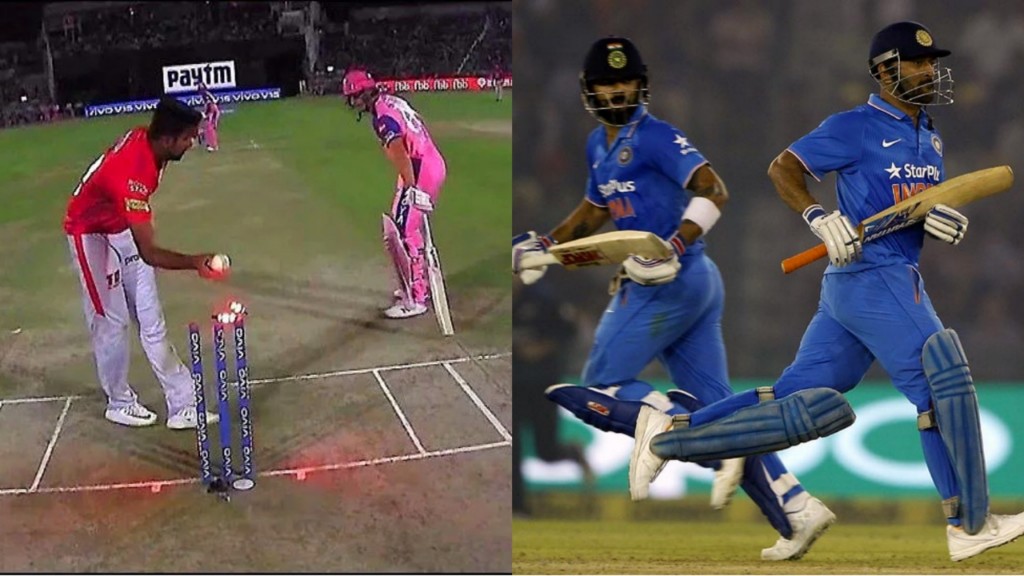The MCC sub-committee had submitted a report regarding some amendments to the code of laws last week and in continuation to that, the MCC has announced its new code of laws for 2022 on Wednesday. These new laws will come into effect starting from October 1, 2022. The highlights of the new code of laws are Law 18, Law 38, and Law 41.3.
Here are some of the noteworthy cricket rule changes made by the MCC:
Law 18- Batters returning when caught:
Law 18.11 has been changed by the MCC in a way that now when a batsman is caught out, the new batter will face the next ball (unless it is the end of an over). Interestingly, this rule has already been trialed in ECB’s The Hundred on the suggestion of MCC.
Law 38- Moving the running out of the non-striker:
Previously ‘Law 41.16’ which was about running out the non-striker has been moved to Law 38 (Runout) from Law 41 (Unfair play). Hence, Mankading is now an official form of run-out according to the new laws. It will no longer be seen as something against the spirit of the game.
Law 41.3- No saliva
After it has been a significant period of time now since the players have been restricted from applying saliva to the cricket ball, the MCC has claimed through research that it has had no major effect on the amount of swing the bowlers get. The players have been using sweat in order to polish the ball meanwhile, and according to the MCC, it has been equally effective.
Therefore, applying saliva to the ball now has been completely banned by the MCC. According to the new rules, applying saliva to the cricket ball will be considered an unfair means of changing the condition of the ball.
Other Rules which have been changed
Law 1 – Replacement players
Law 1.3, a new clause that has been added, says that the replacement players will from now be considered ‘as if they were the player they replaced’. The replacement players will also inherit any sanctions or dismissals made by the replaced player in that match.
Law 20.4.2.12 – Dead ball
If the play is affected by a person, animal, or other objects, the umpire will call it a dead ball. From a pitch invader to a dog running onto the field, if anything impacts the game, the umpire will signal a dead ball.
Law 21.4 – Bowler throwing towards striker’s end before delivery
If the bowler tries to run the striker out before entering their delivery stride, it will be called a dead ball.
Law 22.1 – Judging a Wide
Wide will apply to wherever the batter has stood at any point of time since the bowler began their run-up.
Law 25.8 – striker’s right to play the ball
If the ball lands away from the pitch, the striker will be allowed to play it given that some part of their bat or the batter themself is within the pitch. The ball will be signalled as a ‘dead ball’ if the batter moves out of the pitch. Also, if any delivery forces the batter to move out of the pitch, it will be considered as a ‘no ball’.
ALSO READ: Not Suresh Raina, Gujarat Titans sign this 20-year old batter as Jason Roy’s replacement
Laws 27.4 and 28.6 – Unfair movement by the fielding side
If any fielder makes an unfair movement, the batting side will be awarded 5 Penalty runs. Previously any unfair movement by the fielding side led to the umpire calling it a ‘dead ball’, which potentially nullified any good shot by the batter.
